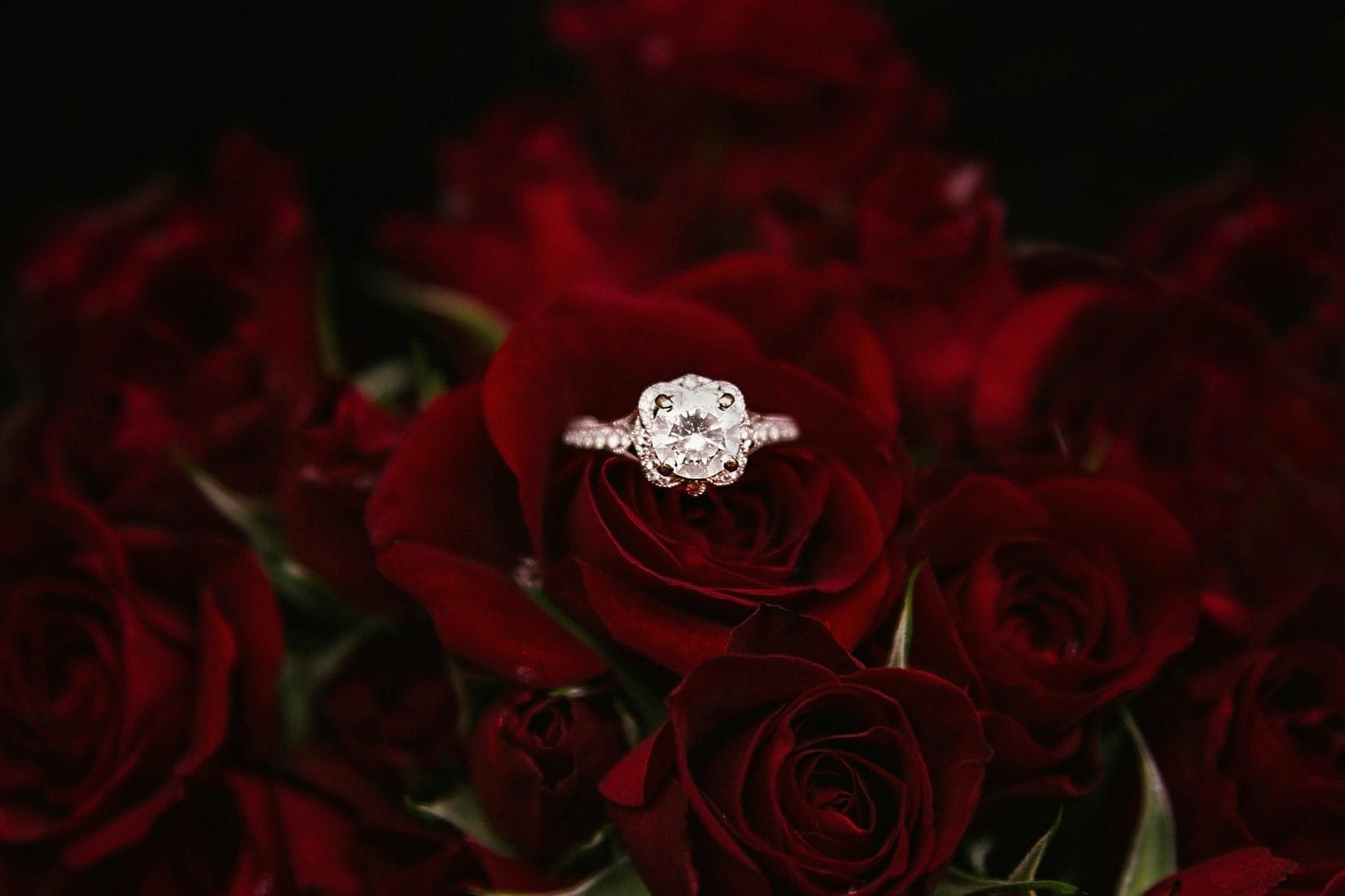For centuries, the allure of a diamond, mined from deep within the earth, forged over billions of years, has captivated hearts and anchored fortunes. But in the heart of India, one of the world’s largest diamond polishing hubs, that tradition is undergoing a dramatic transformation. The emergence of lab-grown diamonds, once viewed as a technological curiosity, has become a disruptive force in the natural diamond market. Increasingly favored by a younger, value-conscious consumer base, lab-grown diamonds are gaining traction among a new class of entrepreneurs, challenging both the business and cultural dominance of mined stones.
In response, legacy diamond companies are fighting back. De Beers Group, the South African–British titan, has ramped up its advertising efforts, leveraging mass media to emphasize the authenticity and allure of natural diamonds.
In one of its print campaigns, De Beers made its stance unmistakably clear, declaring, “Love so natural, only a natural diamond will do.”
The message did not go unanswered. Priyanka Gill, the founder of the soon-to-be-launched lab-grown diamond brand Coluxe, offered a pointed rebuttal. ‘Real things don’t leave scars behind,’ she said, reframing the debate around environmental responsibility and modern authenticity.
De Beers’ retreat from its own lab-grown venture, Lightbox, earlier this year after a six-year run further signals the shifting dynamics. The company cited declining value in the segment as a key factor in its exit.
Storyboard18 reached out to De Beers’ India office for comment. The story will be updated if and when an official response is received.
“The market has moved,” said Gill. “There’s a new reality in fine jewelry, and legacy brands are struggling to keep up.”
One company riding that wave is Jewelbox, a rising lab-grown diamond startup that has quickly gained momentum among Indian consumers. The firm, co-founded by Vidita Kochar, has grown from a niche digital brand into a brick-and-mortar player, closing FY25 with Rs30 crore in revenue and projecting a sixfold increase by FY26. It currently operates eight stores, with plans to expand to 25 by year’s end.
“Our initial focus was purely educational,” said Kochar. “We needed to tell people what lab-grown diamonds were. Now, it’s about brand recall and emotional connection.”
That strategy has included high-visibility moves – Jewelbox has invested in outdoor advertising and even fielded a cricket team, the Jewelbox Jaguars, in the Surat Cricket League. Kochar says sports marketing is a natural extension of the brand’s identity.
“Cricket is not just a game in India. It’s emotion,” she said. “We’re starting small, but one day we hope to be on the IPL stage.”
The competition between traditional and lab-grown players is not only a commercial rivalry but also a regulatory and reputational one. Industry leaders are calling for guidelines to ensure fair play.
Vipul Shah, former chairman of the Gem and Jewellery Export Promotion Council (GJEPC), advocated for a unified educational campaign by lab-grown diamond brands to raise consumer awareness. Meanwhile, GJEPC member Smith Patel emphasized the importance of responsible marketing.
“Negative campaigns hurt everyone,” Patel said. “Brands should promote their strengths, not attack each other.”
Even India’s biggest conglomerates are taking notice. Tata Group’s Trent, Senco Gold, and Aditya Birla Group’s Indriya brand are all testing the waters in the lab-grown segment. Government support, insiders say, is forthcoming – with guidelines expected soon on hallmarking for both natural and lab-grown diamonds.
“Natural diamonds will likely see hallmarking rules similar to those for gold,” Shah noted. “That’s good for transparency and consumer trust.”
Still, legacy brands face difficult decisions. While adapting to market trends is essential, shifting into lab-grown territory may jeopardize the exclusivity they’ve spent decades cultivating.
“If a brand known for mined diamonds starts selling lab-grown ones, the price gap and visual similarity could confuse or even alienate customers,” said Gill. “Trust takes years to build – and minutes to erode.”
Instead, she believes the lab-grown sector must be led by purpose-driven newcomers. Coluxe, set to launch in June, is built around “luxury for everyday life” and a philosophy of stacking jewelry to mark life’s milestones.
“Starting a lab-grown diamond business is easy,” Gill said. “Building a brand? That’s the real challenge.”
